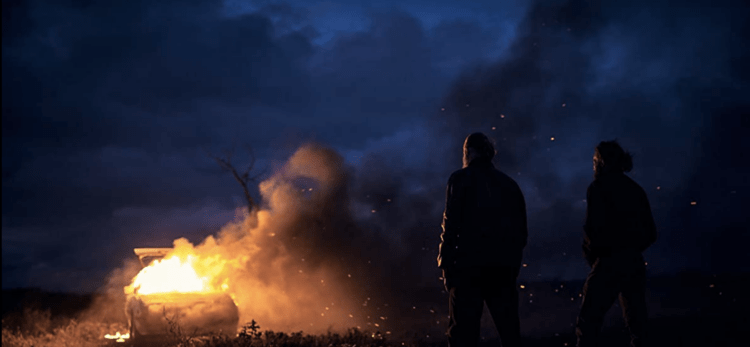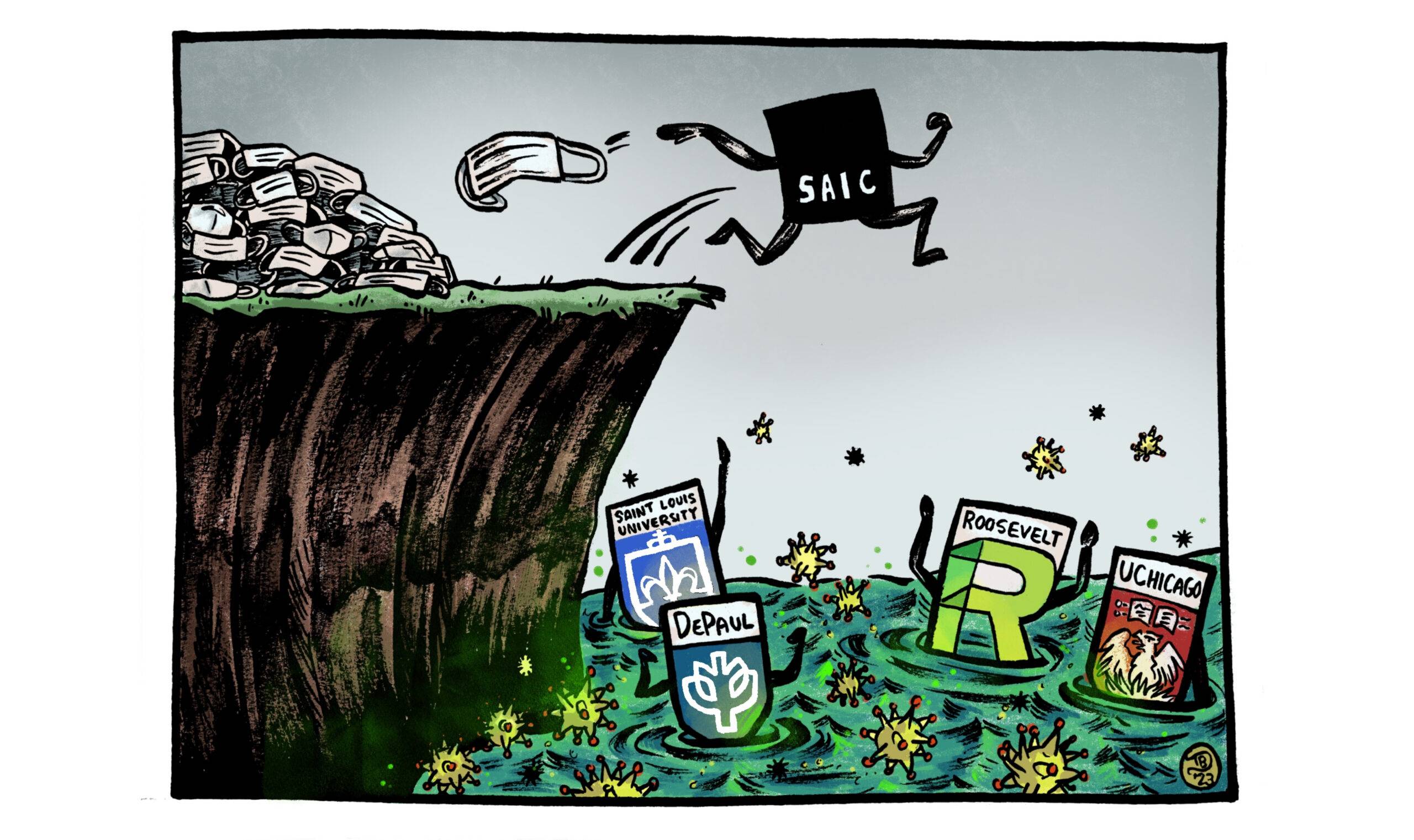
Closing a cold case takes tenacity, persistence, and oftentimes, an uneasy duality. The work stays in the office and the investigator’s persona is locked in a box after hours. All the while the criminal spends their days living a life purporting innocence, shirking and concealing their guilt. But for the case to close, sometimes those polar identities need to collide. The detective neglects their personal life and forgets their actual self, to force the criminal into revealing the truth. But what becomes of both of them in the process? And after? Who remains standing when the billowing smoke clears?
Writer-director Tom Wright’s “The Stranger” is an examination of this very phenomenon, based on a real unsolved crime in Australia in the early 2000s. To try and solve the case, the Australian police conducted a massive operation of intel-gathering, reconnaissance, and subterfuge. But that took them to a dark place, especially for its lead investigators, trapped in the psychological depths of the criminal they pursued.
The film stars Joel Edgerton and Sean Harris as two unexpected companions, entering a criminal underworld, spiraling around each other as the past unfurls around them. You’ll note that I’m being incredibly vague in my description of this film’s plot. That’s because “The Stranger” is such a tightly engineered thriller, that any attempt on my part to summarize it will pale in comparison. This is a surprisingly cerebral film told achronologically, jumping around time and space, constantly withholding information from its audience until the taut strings of its plot are just on the verge of snapping. It’s a harrowing experience that sucks you into its depths as you attempt to unravel its two characters and the lies they tell.
What elevates “The Stranger” and its chilling story beyond feeling like an extended episode of a BBC crime drama is Tom Wright’s direction. Every scene is tense, eerie, and psychologically immersive. Every shadow is deliberate, every gaunt white light chilling. We are never sure what will happen next, and we are fraught with instability. This is all enhanced by the film’s strong editing choices, sometimes unexpectedly cutting between words or during a languid image, like the film’s favorite motif of wisping black smoke. We become wrapped up in the frenetic and fractured psyche of its protagonist, unable to tell what is real, to see outside of the dark cloud, to determine what is a dream, what is a waking nightmare.
Edgerton and Harris are excellent opposite each other with this unique take on cat and mouse. This isn’t the mutual respect of Robert DeNiro and Al Pacino in Michael Mann’s “Heat,” nor the hot and cold of Brad Pitt and Kevin Spacey in David Fincher’s “Se7en.” This is a portrait of loneliness, of a hollow gruffness, of a bearded band-aid over a yawning chasm. Edgerton is stoic and sullen, his veneer obvious to the audience though perhaps not to his character. Harris on the other hand is completely unknowable to us. He is inscrutable and indecipherable, not in his quietness but in his loudness. He fluctuates between subtle extremes, as impossible as that may sound. It makes perfect sense if you consider the range of Harris’ career. It’s a wonderful performance from him, embodying so much of what makes him imminently watchable across genres, like in last year’s “Spencer” and “The Green Knight.” He imbues his character here with such a complex psychology, a sprawling network of insecurities, and diagnoses that defy diagnosis.
As I’ve already said, this is a difficult film to describe. So much of it is about its twists, about the slow and considered doling out of disturbing details. But that does not mean the film is cheap or only interesting on a first viewing because of morbid curiosity. It’s a film that is more rewarding on a rewatch to see how Wright is playing the audience like a fiddle. In that way, it is similar to David Fincher’s “Gone Girl,” Dan Gilroy’s “Nightcrawler,” or Denis Villeneuve’s “Prisoners,” all taut and haunting thrillers that know just how to twist the knife. “The Stranger” is a welcome addition to the intelligent crime thriller that goes beyond simply being about solving the case. It’s about chasing trails of fading smoke for a decade-old crime, pursuing brazenly, and improvising on the fly to close that painful chapter for the families, the investigators, and perhaps the criminals too.
Myle Yan Tay (MFAW 2023) cares a lot about movies and comic books. One day, maybe they will care about him. Find more of his writing at www.myleyantay.com.







